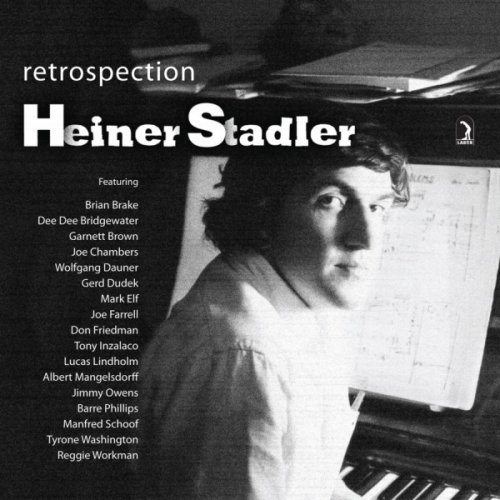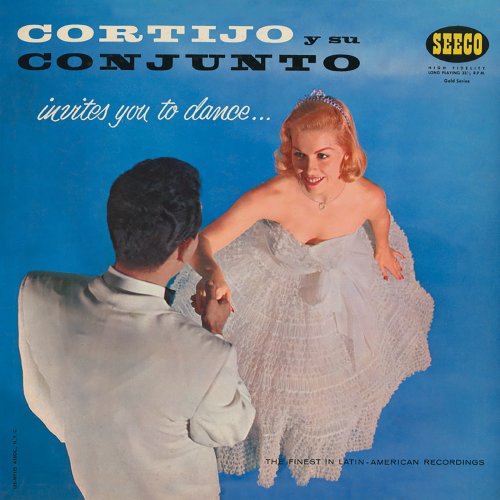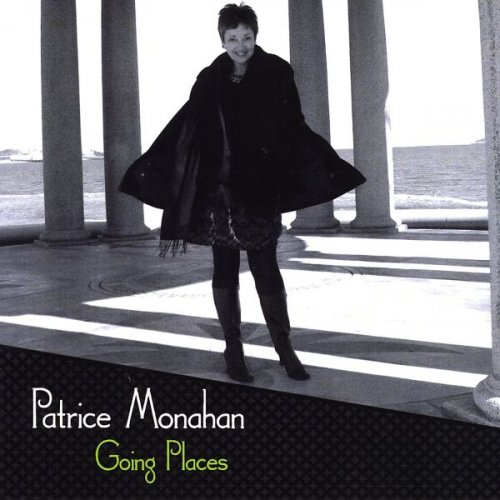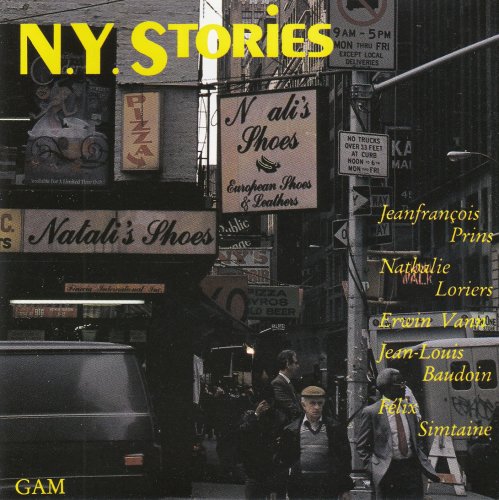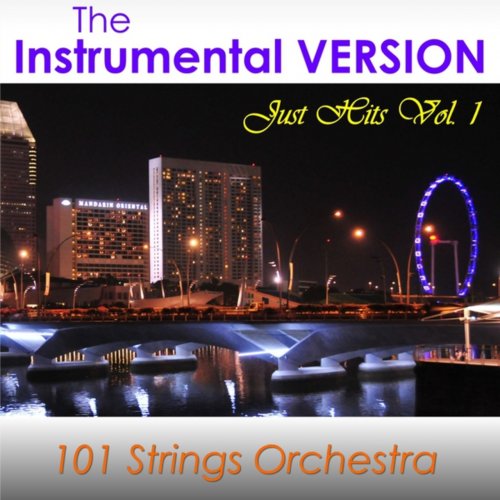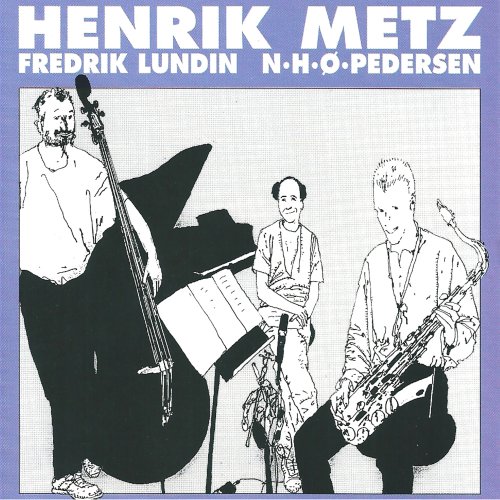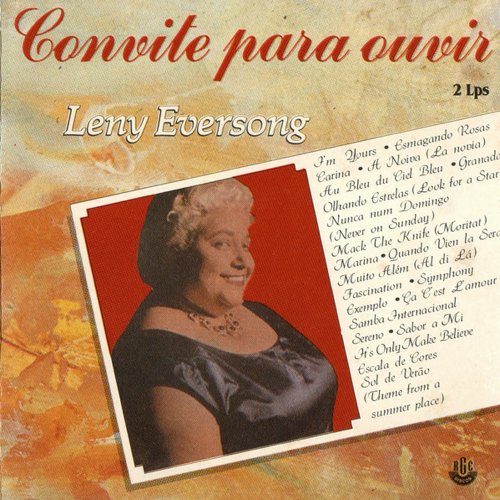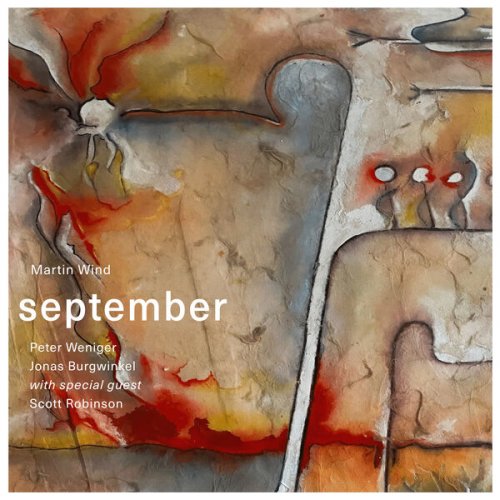Geno Washington and the Ram Jam Band - Running Wild (Live) (1968)
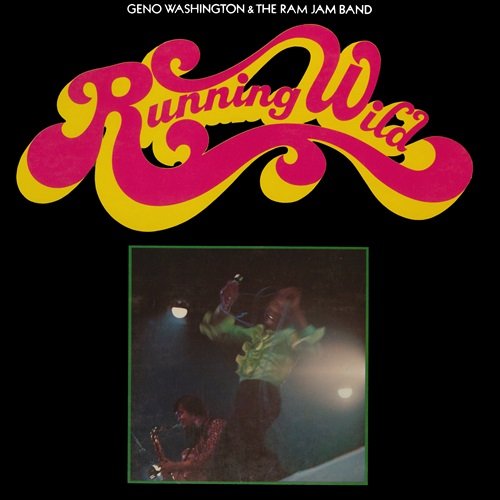
Artist: Geno Washington and the Ram Jam Band, Geno Washington
Title: Running Wild (Live)
Year Of Release: 1968
Label: Sanctuary Records
Genre: Rhythm & Blues, Soul, Funk
Quality: Mp3 320 / Flac (tracks)
Total Time: 39:07
Total Size: 103/290 Mb
WebSite: Album Preview
Tracklist:Title: Running Wild (Live)
Year Of Release: 1968
Label: Sanctuary Records
Genre: Rhythm & Blues, Soul, Funk
Quality: Mp3 320 / Flac (tracks)
Total Time: 39:07
Total Size: 103/290 Mb
WebSite: Album Preview
01. I Take What I Want (Live) 1:52
02. Knock On Wood (Live) 4:34
03. Gimme a Little Sign / Raise Your Hand (Live) 4:03
04. Michael (The Lover) (Live) 2:55
05. Que Sera Sera (Live) 4:28
06. Rock Me Baby (Pt. 1 & Pt. 2; Live) 3:06
07. Hi-Heel Sneakers / Mary Ann (Live) 2:38
08. I Get So Excited (Live) 3:28
09. Holdin' On With Both Hands / Daytripper / Baby Come Back (Live) 5:20
10. Jumpin' Jack Flash (Live) 3:31
11. I Got You Babe (Live) 3:12
Geno Washington & the Ram Jam Band are an England-based soul band.
The Ram Jam Band were formed around 1964 by Pete Gage and Geoff Pullum. Before taking on Geno Washington, whom Gage knew from performing at the RAF Bentwaters US Air Force base, they had a Jamaican Blue Beat singer by the name of Errol Dixon front the band as they embarked on the London club circuit. Gage approached Washington to finance his demobbing to the US and to return to front the band as it seemed essential to have an American to perform US soul rather than the West Indian alternatives in London at that time.
The Ram Jam Band were formed around 1964 by Pete Gage and Geoff Pullum. Before taking on Geno Washington, whom Gage knew from performing at the RAF Bentwaters US Air Force base, they had a Jamaican Blue Beat singer by the name of Errol Dixon front the band as they embarked on the London club circuit. Gage approached Washington to finance his demobbing to the US and to return to front the band as it seemed essential to have an American to perform US soul rather than the West Indian alternatives in London at that time.
